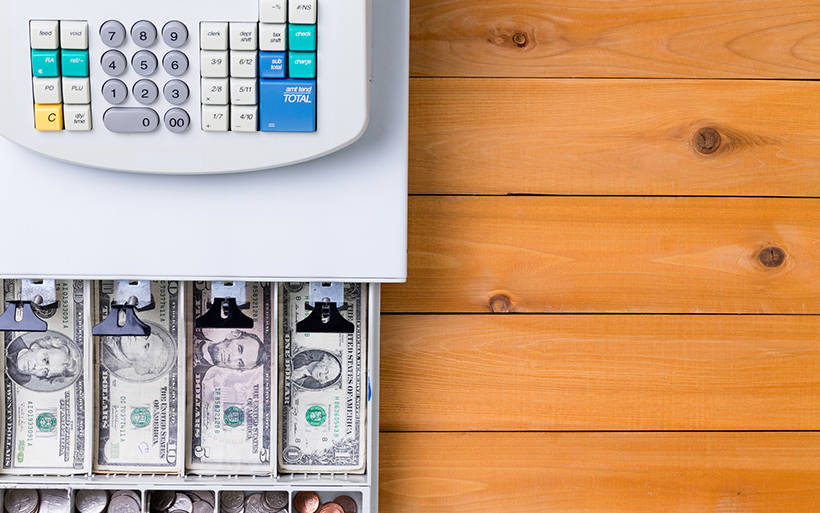Hearing loss is on the rise across all demographics worldwide. And so perhaps it’s no surprise that over-the-counter hearing devices are also becoming more prevalent and popular. But before you decide to try an “As seen on TV” or over-the-counter hearing device, you should consider first seeing a hearing professional.
Some of these devices may actually do more harm than good.
Risks associated with over-the-counter hearing aids
One of the main concerns hearing care professionals have with the use of OTC hearing aids is that individuals suffering from hearing loss will try to diagnose themselves and determine treatment on their own. Specialists believe that without having a proper hearing evaluation, some conditions may go undetected. This is a troubling thought because these symptoms may be a key identifier of a potentially fatal medical condition.
Another concern hearing care professionals have is that the people who use OTC hearing aids may not properly fit or adjust their devices. While this sounds insignificant, it could result in ill-fitted and possibly painful hearing aids that do not provide adequate hearing help for their user. As a side effect, this may result in a reluctance to use the devices. Without proper hearing aids, these individuals will endure the countless negative impacts hearing loss has on their lives. In short, these OTC devices will be useless in helping patients live well.
The arguments for OTC hearing aids
It is typically seven years between when an individual suspects that they have a hearing problem and the point at which they seek assistance with a hearing aid. Proponents of OTC hearing aids believe that the low cost of the devices will encourage hearing loss sufferers to wear hearing aids much sooner than they would otherwise, improving their quality of life.
It can also be argued that wearing the OTC hearing aid may be the first step in a hearing loss sufferer’s journey to seeking professional hearing healthcare. However, these amplification devices can do additional damage to the wearer’s hearing. This happens because the device is not adequately adjusted and merely increasing the volume of everything, including already loud sounds. This ultimately will result in the user needing a hearing device that is professionally fitted. So how did the OTC hearing aid help?
If you’re serious about overcoming your hearing loss, you need the right type of hearing care treatment. Speak with a hearing care professional to get the care that you need. Most hearing professionals can help you find an affordable option that adequately addresses your hearing loss.



